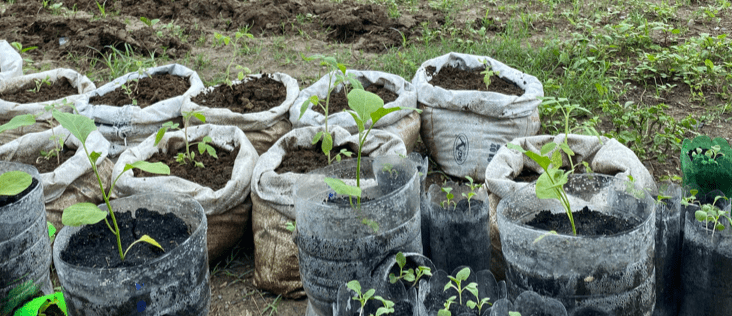Market Study on Open-Pollinated and Indigenous Seed Varieties of Vegetables

Introduction
The Institute for Social Entrepreneurship in Asia (ISEA), in partnership with Oxfam Pilipinas is implementing a project called Establishing Community-based and Women-led Seed Banks Supporting Healthy, Safe, and Nutritious Food. This project contributes to the bigger initiative on Food Hives to Nourishing Cities, an initiative of Oxfam to spur a movement and create replicable models supporting smallholder farmers and helping consumers in urban and peri-urban centers access nutritious and affordable food.
The rich agricultural biodiversity of the Philippines is constantly under threat, experiencing losses of many valuable local as well as indigenous varieties of crops. Climate change remains a top threat to agriculture and community seed banks can play a key role to complement conservation initiatives of formal institutions such as government agencies and other academic institutions. Tomorrow’s food and medicine may be found in jars of rural communities, locally managed seed banks, and many more indigenous biodiversity approaches deserve attention.
Daluyan at Ugnayan ng Organisasyong Pangkababaihan (DALUYONG) is a 5,000-strong all-women federation that the Philippine Rural Reconstruction Movement (PRRM) helped organize in 2001 to promote gender equality and women empowerment. It serves as a hub for sharing information and improving knowledge and organizational and leadership skills for effective participation in community affairs and local governance. DALUYONG also leads in the education and mobilization of rural women in sustainable area development, in advocacies and projects relating to family, community health, reproductive rights, social entrepreneurship, environment, peace, and national unity.
Daluyong have long been engaged with organic vegetable production to achieve food security and ensure healthy, safe, and nutritious food in their local communities. At their best, these initiatives were linked to local food and nutrition councils in the municipalities where they are located. Initiatives like this do not come with threats. In a recent typhoon, the community gardens of Daluyong in Marinduque were awash with rain and floodwater. They were unable to recover until now due to many factors including the availability and access to seeds.
